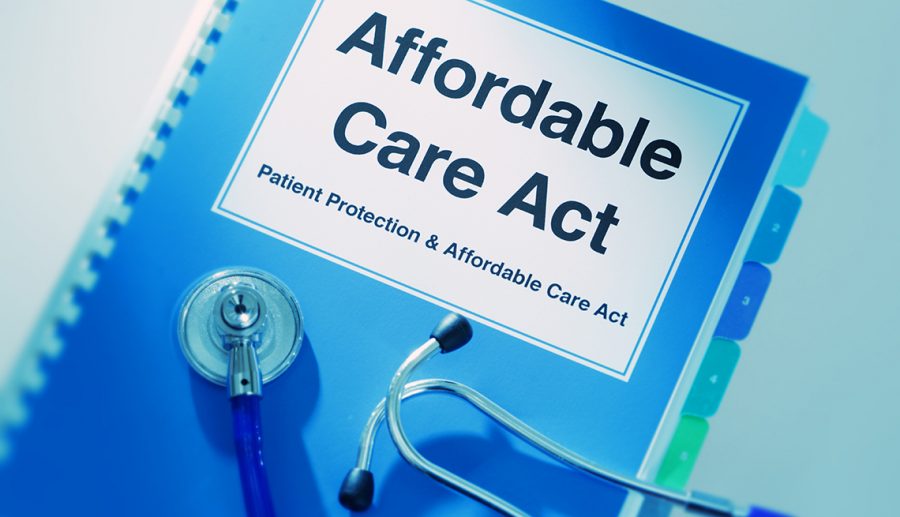The US elections in 2020 offer a strong opportunity for voters to engage in democracy and to have their voices heard, particularly on the problems facing everyone. Any person, regardless of their gender, is entitled to voting rights. The 2020 election, like every other election, would have an impact on the electorate as it will influence many health problems. When it comes to women, health issues are significant. Some of the most important issues to women are affordable healthcare, reproductive healthcare, and reproductive rights (Allendoerfer et al 114). There are things that will have an effect on women as a part of the 2020 elections. As such, any nominee for the presidency is working on incorporating such policies into their campaigns. Taking Donald Trump and Joe Biden as an example, the two candidates have laid out their views on topics that concern the wellbeing of women. There are a lot of discussions and talks about women’s rights and legislation as elections heat up. The topic of women’s health rights continues to take center stage in nearly any political debate.
The Affordable Care Act is an area that specifically touches on women’s healthcare and has been a big concern for both Donald Trump and Joe Biden in the 2020 presidential race. The Act has worked to strengthen access to many women’s coverage in the United States of America, as it did away with discriminating policies that were against women (Jaffe, 947-947). However, as we proceed to the upcoming polls, the future of this Act remains uncertain. A law constitutionality analysis of this proposal has been set by the Supreme Court of Law, which will be only a week after the referendum. One of the two candidates seems to be very keen on what the court will decide on the ACA, which will be of considerable concern to women living in the United States. On his end, President Donald Trump seems to support the repealing and replacement of ACA, as evident in several Republican-led legislative calls for the same (https://www.bbc.com/news/election-us-2020-54003808). Joe Biden, on the other hand, favors the ACA’s preservation and extension. It appears like Trump’s stance on the Affordable Care Act has far-reaching ramifications for women’s access to quality healthcare. Women would continue to strain to access healthcare with the elimination of certain sections or complete overturning of the ACA. President Trump has since signed into law bills aimed at removing the mandate to retain eligible insurance benefits. On his end, Biden is proposing the creation of a new federal public health insurance option, which is similar to Medicare ( https://youtu.be/t_y0ElVR7Xs ).
Reproductive health and rights is another very critical policy for women regarding the 2020 elections. This remains a core element in women’s health and has so far attracted varying opinions, more so on contraception and abortion (Allendoerfer et al. 112). The topic of abortion, for example, has attracted tangible political criticism. The policies of President Trump on health and rights can be identified from his first term as President and from the Republicans’ political manifesto. During his first term, Donald Trump signed a law that allows employers with a religious and moral objection to contraceptives to be exempted from the ACA’s requirement of no-cost contraceptive coverage for employees (Jaffe, 947).
In comparison, Joe Biden has vowed to guarantee that, irrespective of the employer ‘s views, all workers will have access to no-cost contraception. On these critical policies involving women, the two appear to have opposing opinions. In his campaign, for example, Biden says that he would change the policy of the Trump administration on the Title X law and make funding available to clinics for family planning. On his side, Trump argues that he would redirect the Title X family-planning funds to the crisis pregnancy centers (Jaffe, 946). While the two campaigns appear to be very considerate of the issue, the significance of women in political engagement and the nature of the 2020 elections are very interesting to see. The topic of abortion is another one that has raised heated political debates. These two presidential candidates have a differing opinion on the policy that legalized abortion (Aronson, Oldham, and Lucas, 1). Trump is showing firm aversion to abortion and has specifically indicated that he would like to reverse the Roe vs. Wade case that allowed abortion in all states. Unlike Trump, in his reelection race, Biden has vowed to focus on the codification of the Roe vs. Wade case law.
In conclusion, the US elections in 2020 and the diverse views on women’s health policies are of great concern to women. Although his campaign policies have not been explicitly announced by the incumbent president, who is also a reelection contender, it is easier to draw his stance from his first-term record. The Republicans have been against contraception, abortion, and other measures that influence women, including the ACA and paid leave. The administration of President Trump is more concerned with safeguarding religious values. Biden, on the other hand, appears to be critical of the ACA and is also committed to improving reproductive healthcare and rights policies. Therefore, the results of the 2020 elections promises to have a notable impact on women-related legislation that will influence their future for several years to come. As such, it is important to see how important these issues are and how they have continued to form some foundation for the movements, as people exercise their rights.
Works Cited
Allendoerfer, Michelle Giacobbe, Amanda Murdie, and Ryan M. Welch. “The Path of the Boomerang: Human Rights Campaigns, Third-Party Pressure, and Human Rights.” International Studies Quarterly 64.1 (2020): 111-119.
Aronson, Pamela, Leah Oldham, and Emily Lucas. “Gender Self-Presentations in the 2020 US Elections.” Journal of Cultural Analysis and Social Change 5.1 (2020): 01.
https://www.bbc.com/news/election-us-2020-54003808
Jaffe, Susan. “US election 2020: public health.” The Lancet 396.10256 (2020): 946-947.




